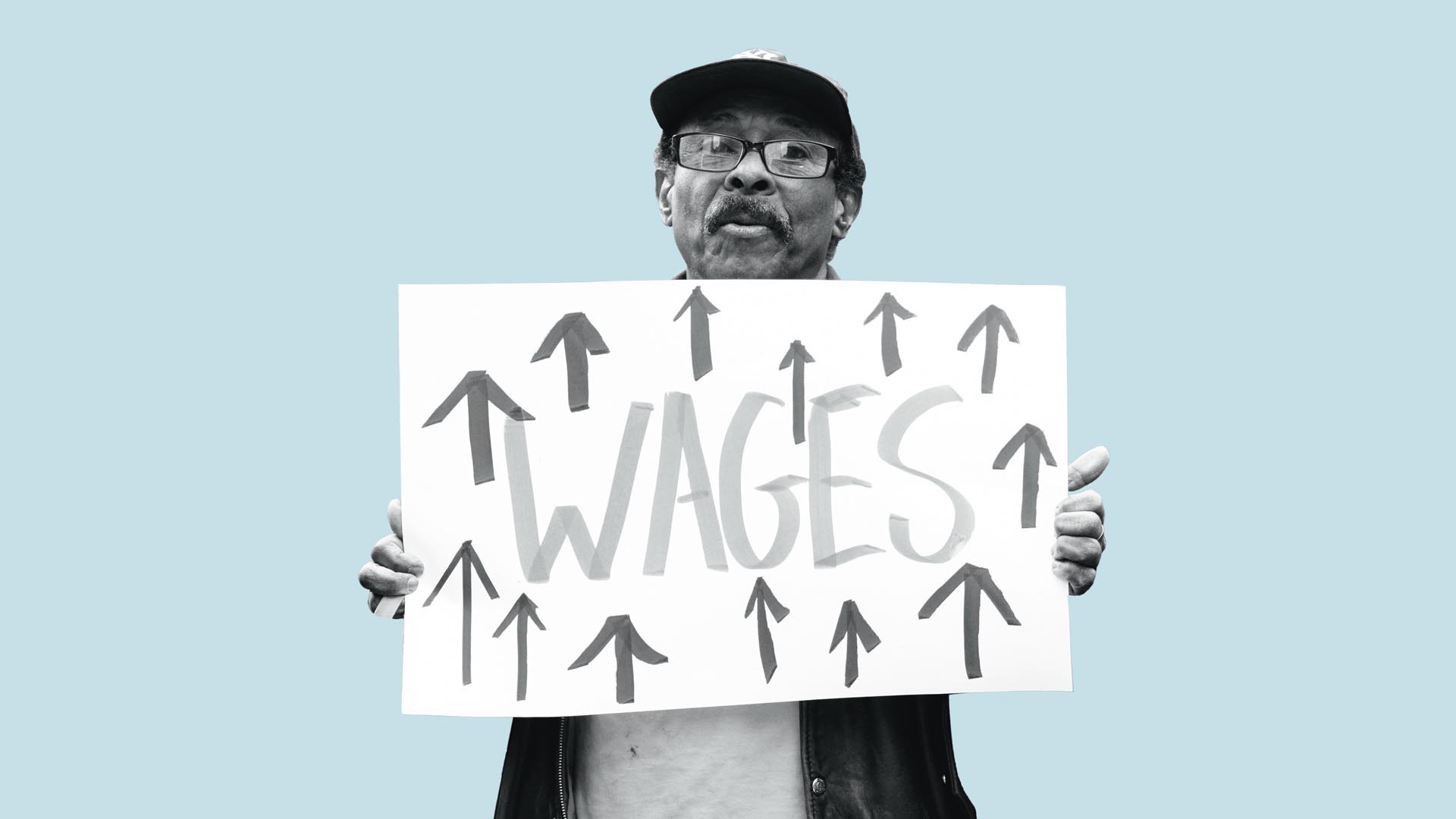A woundedness always haunts governments that are losing the contest for the popular vote. Hence the kybosh of current political leadership. A sense of unbelievability descends. Ministers who formerly could bat off the most difficult of interrogations fold once the governmental show to be empty of vitality. Gordon Brown swept into office having seen off all threats to his assuming the leadership of government once Blair had surrendered. Yet a few years later he left Number 10 like a wounded animal, empty, seemingly rundown, and unbelievable. Even though, possibly of all recent prime ministers, he was just the right and decisive one in the face of a global economic meltdown.
Of course, he socialised the banks and made them no different from any other nationalised industry. And then he and the subsequent economic ministers gave capitalism back to the banks once the taxpayer had repaired and refunded them – with none of the safeguards to ensure that the taxpayer was insured against further maltreatment from the banks in future. Even though it was Joe Public who had saved the economic system and the banks from bankruptcy.
At the moment there is precious little evidence that this government will be doing decisive and clever things with the rest of the time they have before a general election. Pulling the political rabbit out of the political hat seems unimaginable at this stage.
Yet we still live in hope that things will get demonstrably better, nationally and internationally. We live in hope that Section 21, which allows the ‘no fault’ evictions that are driving a new cohort of people into homelessness, will be removed from the statute books forthwith, five years after such a move was promised. And that Rishi Sunak, with great aplomb, manages to stop the killings in Gaza. And so on and so forth.
Last week I raised a question in the Lords as to the possibility of raising the minimum wage to £15. That’s an increase from £10.42 – a big leap. An impossible leap, though, because while this would theoretically get people nearer to a living wage, thousands of businesses could not afford to shoulder such a hike in costs.
- The government’s short-term thinking around poverty is a costly mistake
- It’s 20 years and six prime ministers since UK last saw a sustained fall in poverty. Yes, really
And as nearly half the workforce in the UK is on or near the minimum wage, you can imagine the disruption to the economy such a vast leap would foment. My question, though, had a deeper meaning to it. How do we move people towards a living rather than a minimum wage? What does the government have to do to stop us continuing to produce a low-wage workforce, and companies that can only survive if they pay people a barely manageable wage?









